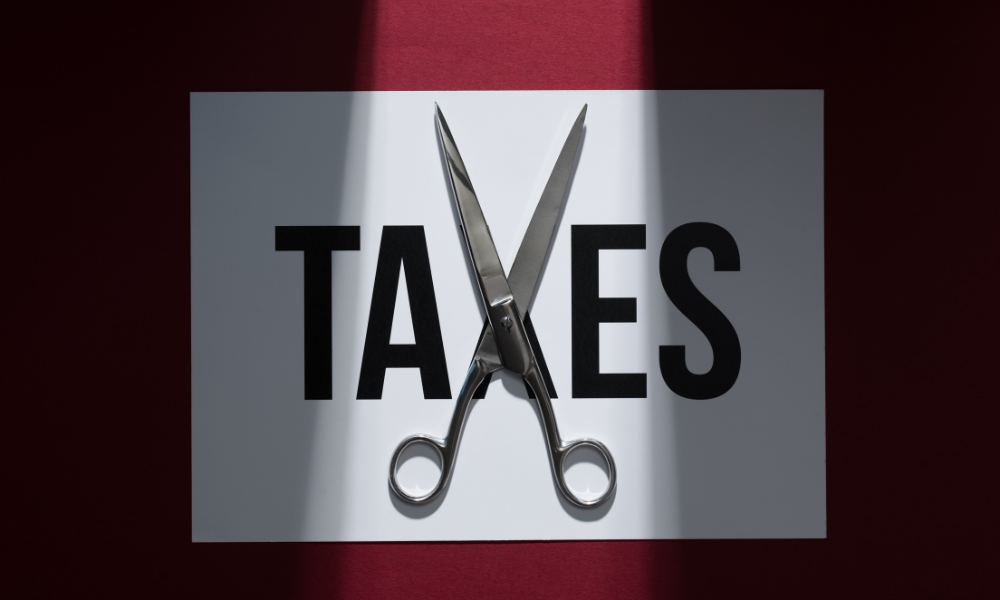A new book showcasing the risks of high-frequency trading has one advisor talking trader tactics and how to overcome this threat.
A book bringing to light the risks of high-speed trading is long overdue, says one Toronto advisor.
“This is something that I’ve been aware since 2007 and we’ve been dealing with it at various firms that I’ve been at …,” says Arthur C. Salzer, CEO and CIO of Northland Wealth Management. “It’s good that a book has come out to bring attention to it, but this was an issue back in 2007-2008.”
In his book “Flash Boys: A Wall Street Revolt” – currently the No. 1 seller in the U.S. – financial author Michael Lewis calls the U.S. stock market “rigged,” accusing speed traders with advanced computers and network infrastructure of generating tens of billions of dollars under the radar by executing trades before other investors get their chance. Appearing on the U.S. current affairs TV show Sunday night, Lewis said the share price may only differ by a penny or even a fraction of a cent, but the sheer volume of shares are high.
Salzer couldn’t agree more, pointing out that these traders have an unfair advantage over other traders. He believes the practice has the power to breakdown market confidence.
“It really reduces the confidence in the marketplace and that’s something the regulators always want is confidence in the market,” he says. “It’s front-running and it’s an unfair advantage. It’s something that should be put a stop to, but that doesn’t seem to be the case.”
So, how do you stop these so-called speed traders from milking the system, so to speak? According to Salzer, it’s as simple as not allowing them to see the bids or offers prior to other participants; but is there incentive to do so? Not so much, he says. (continued)
#pb#
“It’s like playing cards and seeing the cards first. If it was blind and it was at the same rates, that’s fine. But they get to see them first,” he says, adding that these players are even able to cancel trades, if they don’t get their desired price, without incurring any costs – a practice brokers would never let traders, like Salzer, get away with.
“If we were playing bids like that, and breaking them, our brokers would kill us.”
According to Salzer, the incentive to stop high-frequency trading (HFT) practice just isn’t there because bottom line – it generates activity and profit in the marketplace.
“The regulators may frown upon it … but the markets are a capitalistic, for-profit business,” he says. “The more trading activity they get, the more fees they get from participants, the better off they are, so they want volume, even if it doesn’t help support the markets in the long-term.”
Though HFT may not be ‘new’ news in the industry, concern is certainly spreading to investors, their advisors and the regulators. Measuring the actual impact on individual investments is another challenge altogether.
So, how do you get ahead of the speed trader?
“You have to use limit orders to eliminate it (the threat),” Salzer says. “If you are using open orders, your price is going to move hard because these guys know that you are there … and they will keep bidding the price either up or down until you come into it.”
Related stories:
The deep end of 'dark pool' trading?
“This is something that I’ve been aware since 2007 and we’ve been dealing with it at various firms that I’ve been at …,” says Arthur C. Salzer, CEO and CIO of Northland Wealth Management. “It’s good that a book has come out to bring attention to it, but this was an issue back in 2007-2008.”
In his book “Flash Boys: A Wall Street Revolt” – currently the No. 1 seller in the U.S. – financial author Michael Lewis calls the U.S. stock market “rigged,” accusing speed traders with advanced computers and network infrastructure of generating tens of billions of dollars under the radar by executing trades before other investors get their chance. Appearing on the U.S. current affairs TV show Sunday night, Lewis said the share price may only differ by a penny or even a fraction of a cent, but the sheer volume of shares are high.
Salzer couldn’t agree more, pointing out that these traders have an unfair advantage over other traders. He believes the practice has the power to breakdown market confidence.
“It really reduces the confidence in the marketplace and that’s something the regulators always want is confidence in the market,” he says. “It’s front-running and it’s an unfair advantage. It’s something that should be put a stop to, but that doesn’t seem to be the case.”
So, how do you stop these so-called speed traders from milking the system, so to speak? According to Salzer, it’s as simple as not allowing them to see the bids or offers prior to other participants; but is there incentive to do so? Not so much, he says. (continued)
#pb#
“It’s like playing cards and seeing the cards first. If it was blind and it was at the same rates, that’s fine. But they get to see them first,” he says, adding that these players are even able to cancel trades, if they don’t get their desired price, without incurring any costs – a practice brokers would never let traders, like Salzer, get away with.
“If we were playing bids like that, and breaking them, our brokers would kill us.”
According to Salzer, the incentive to stop high-frequency trading (HFT) practice just isn’t there because bottom line – it generates activity and profit in the marketplace.
“The regulators may frown upon it … but the markets are a capitalistic, for-profit business,” he says. “The more trading activity they get, the more fees they get from participants, the better off they are, so they want volume, even if it doesn’t help support the markets in the long-term.”
Though HFT may not be ‘new’ news in the industry, concern is certainly spreading to investors, their advisors and the regulators. Measuring the actual impact on individual investments is another challenge altogether.
So, how do you get ahead of the speed trader?
“You have to use limit orders to eliminate it (the threat),” Salzer says. “If you are using open orders, your price is going to move hard because these guys know that you are there … and they will keep bidding the price either up or down until you come into it.”
Related stories:
The deep end of 'dark pool' trading?



